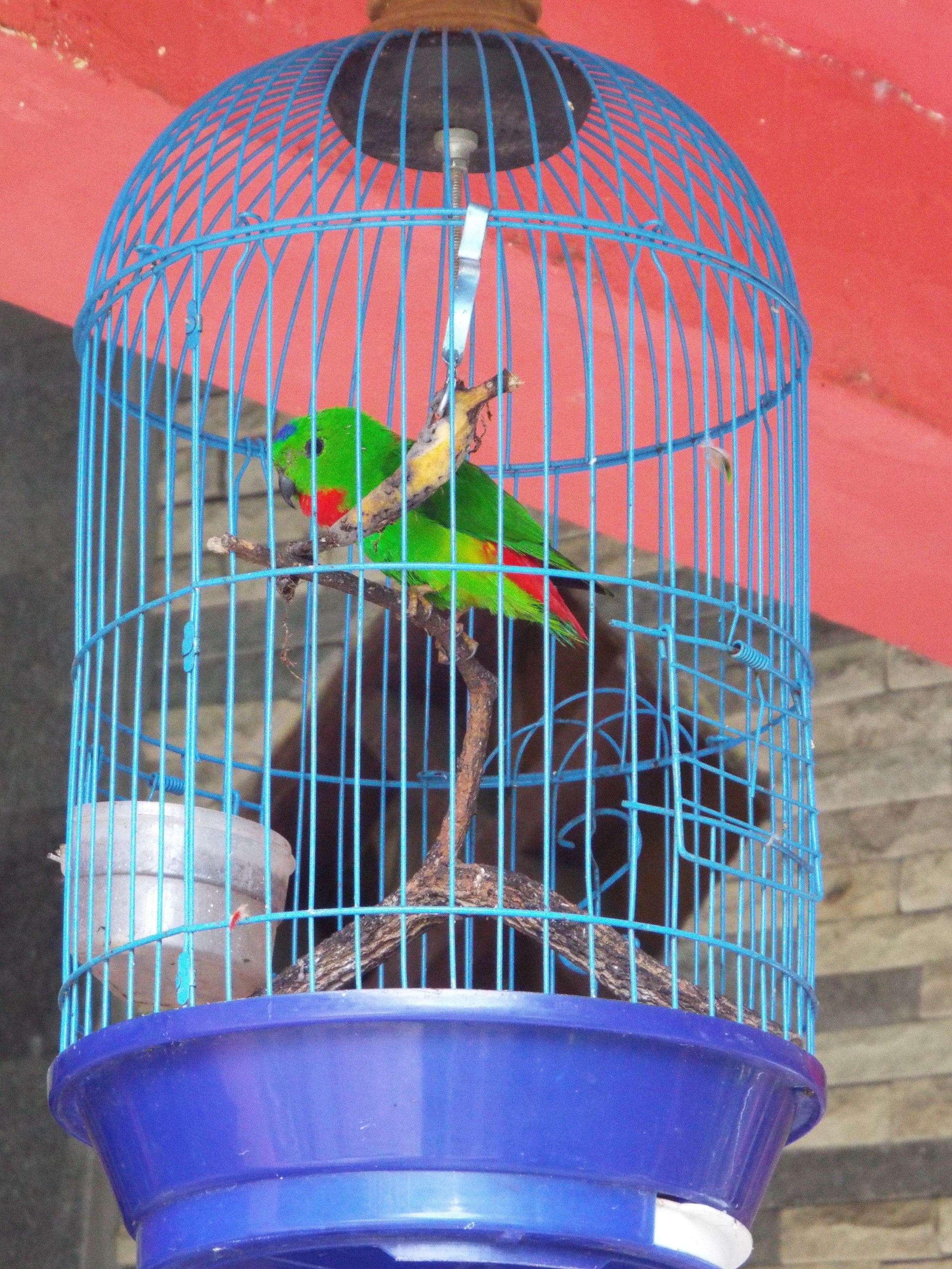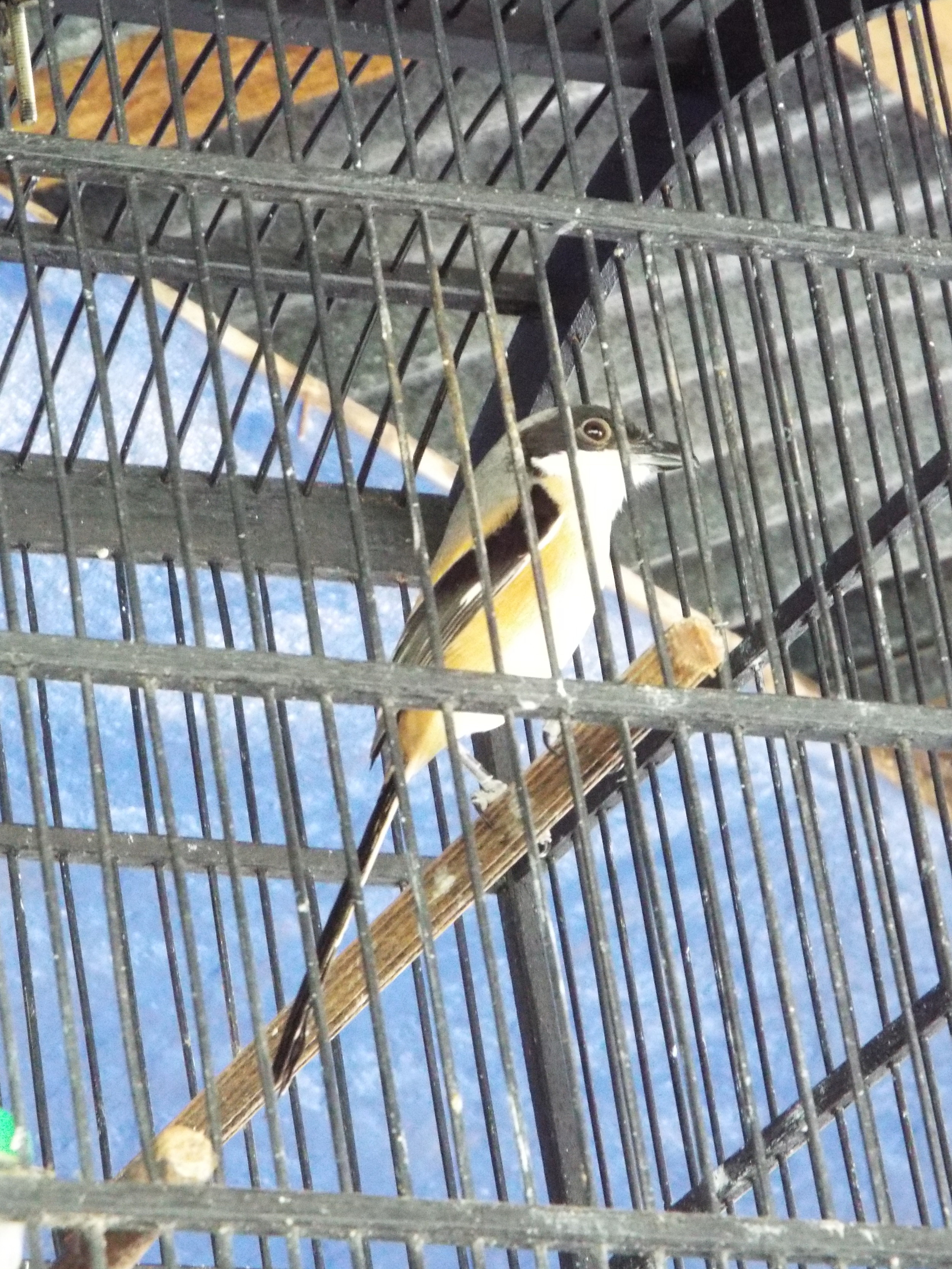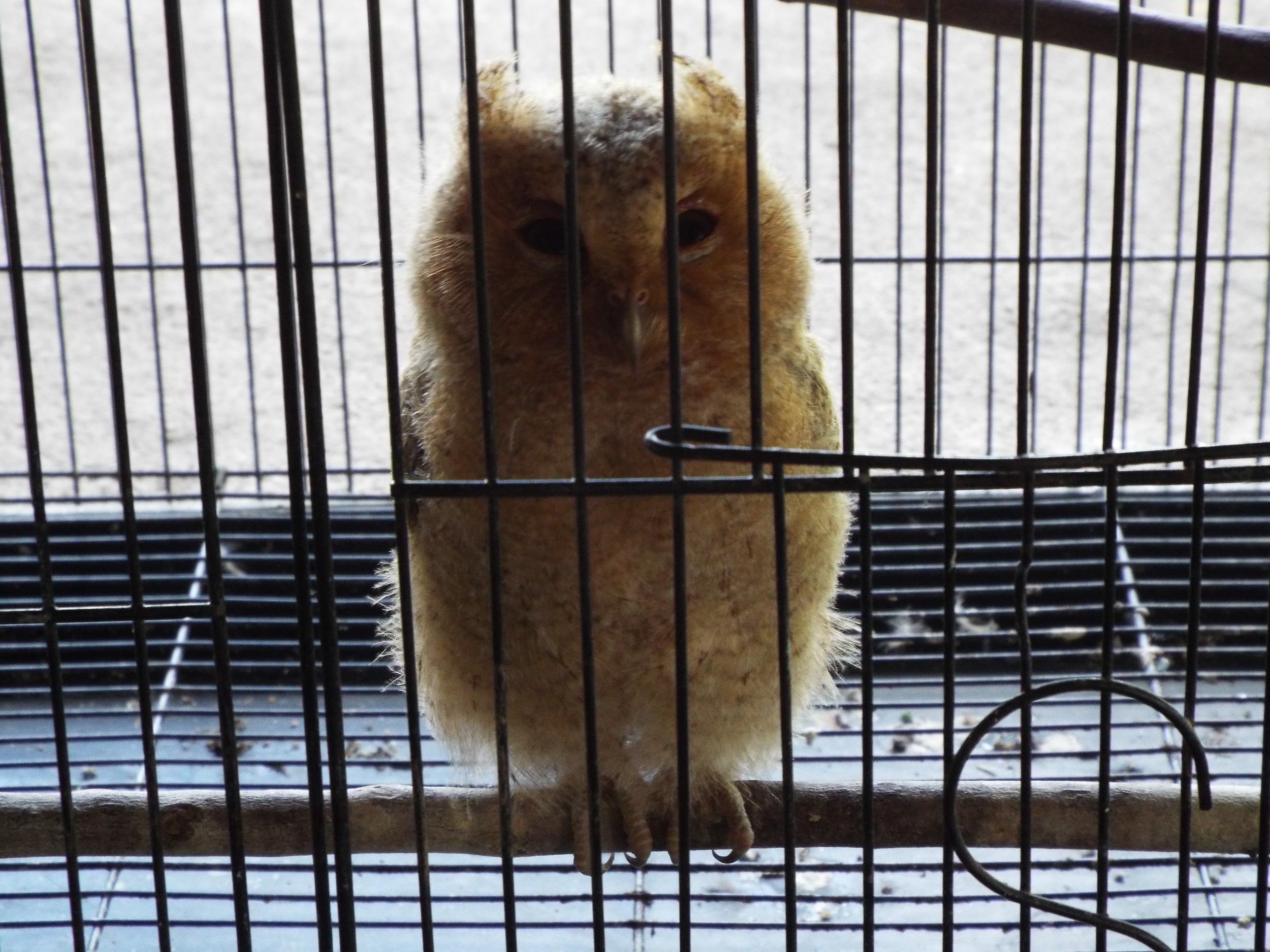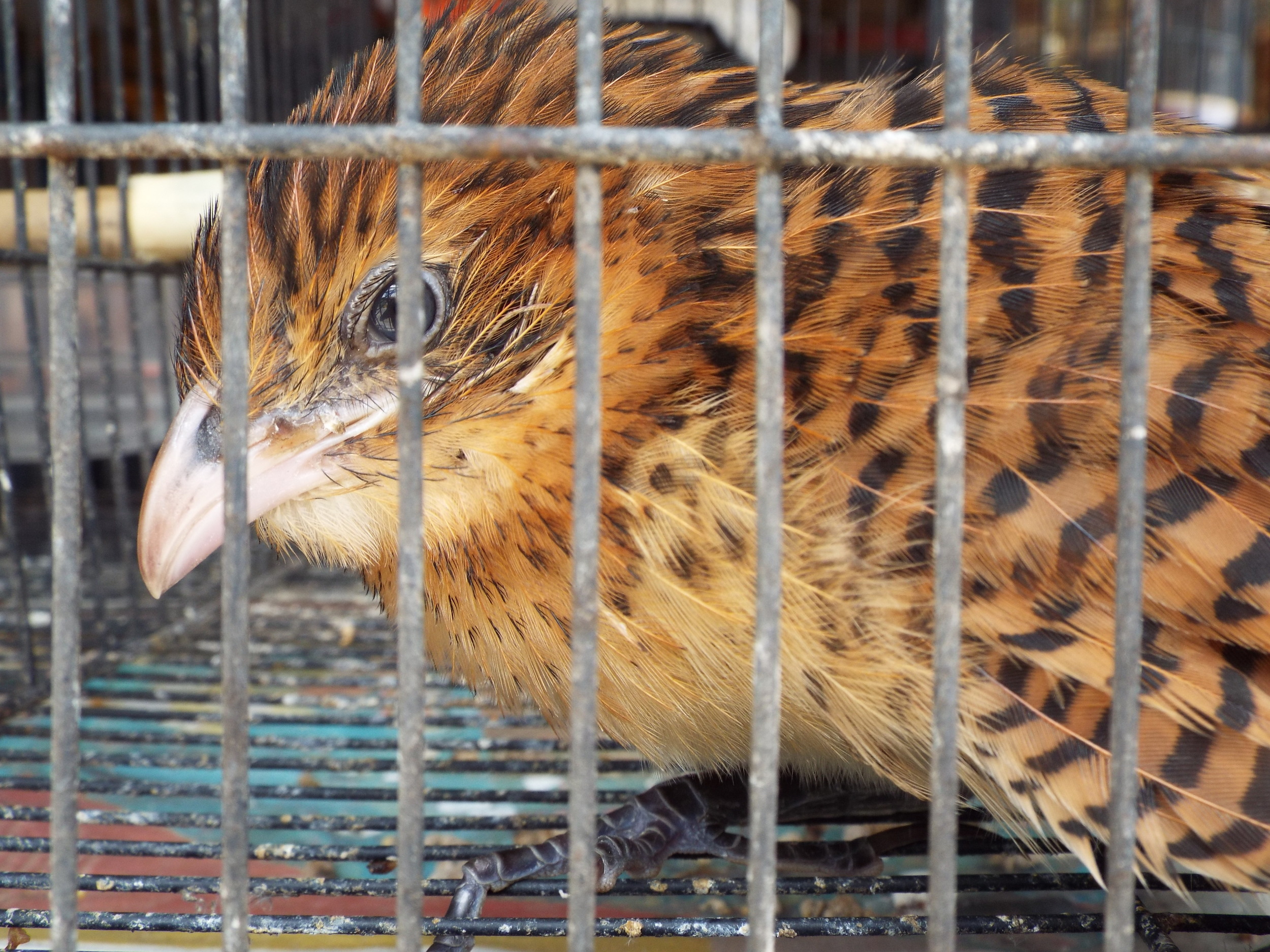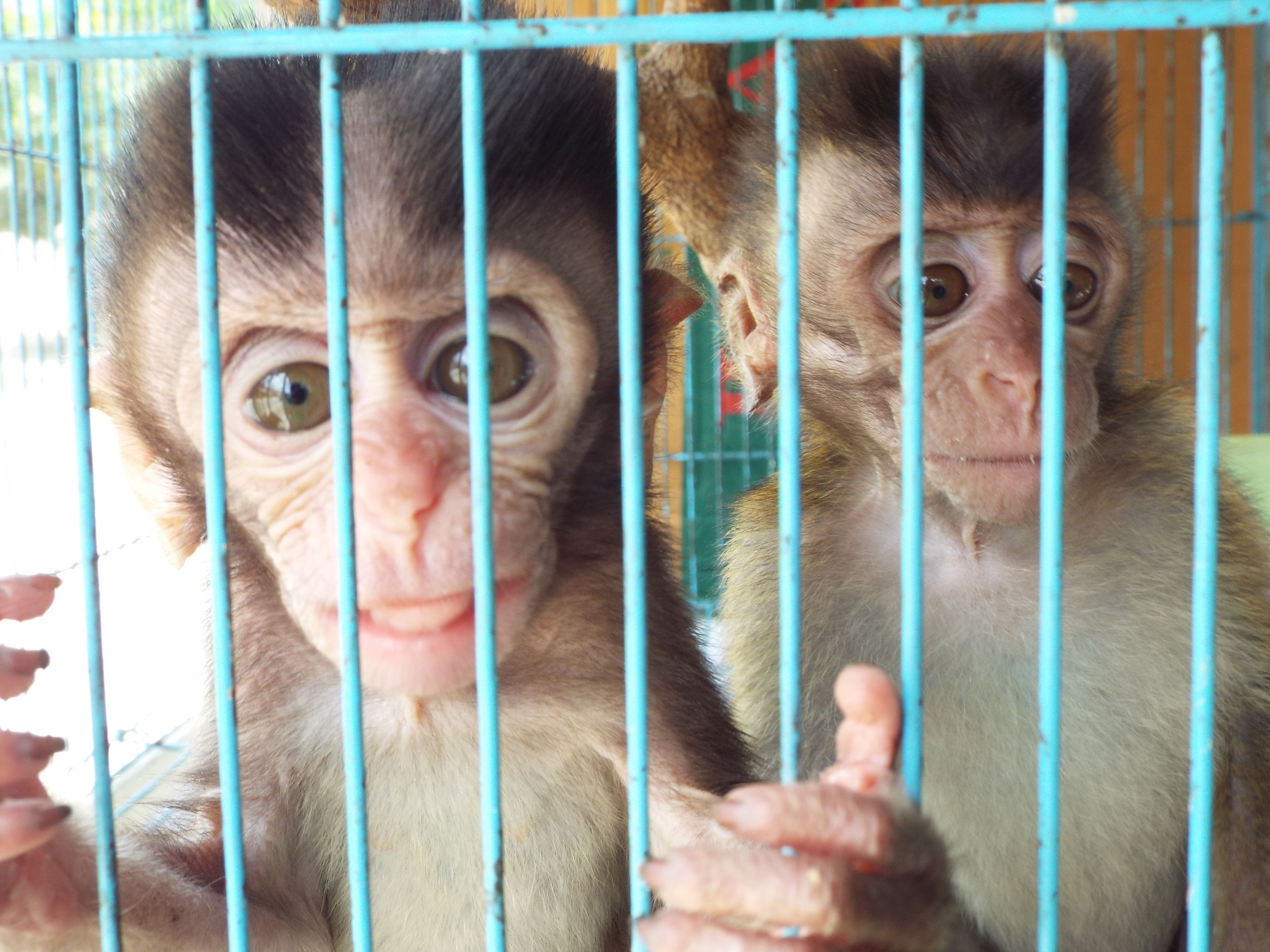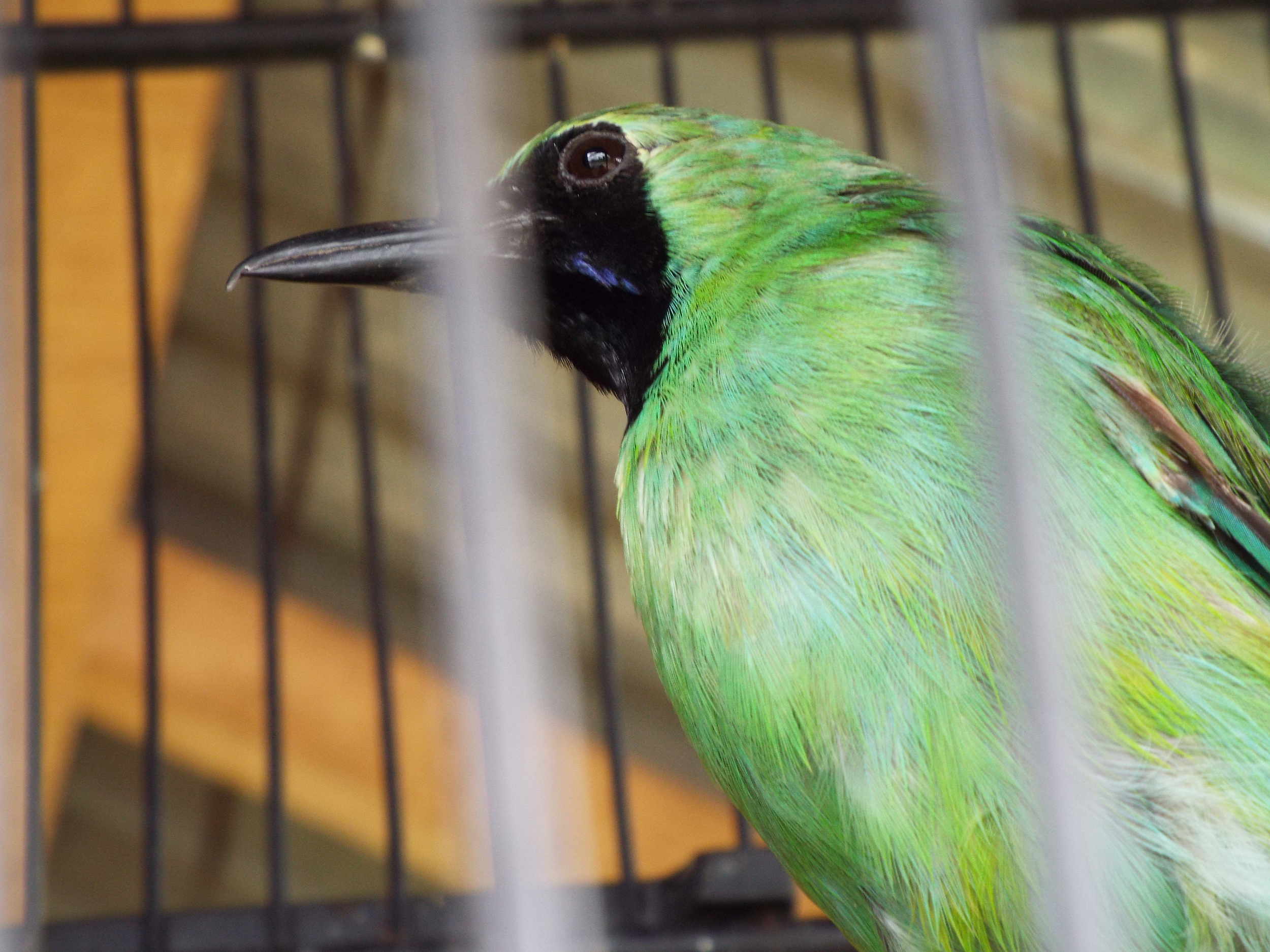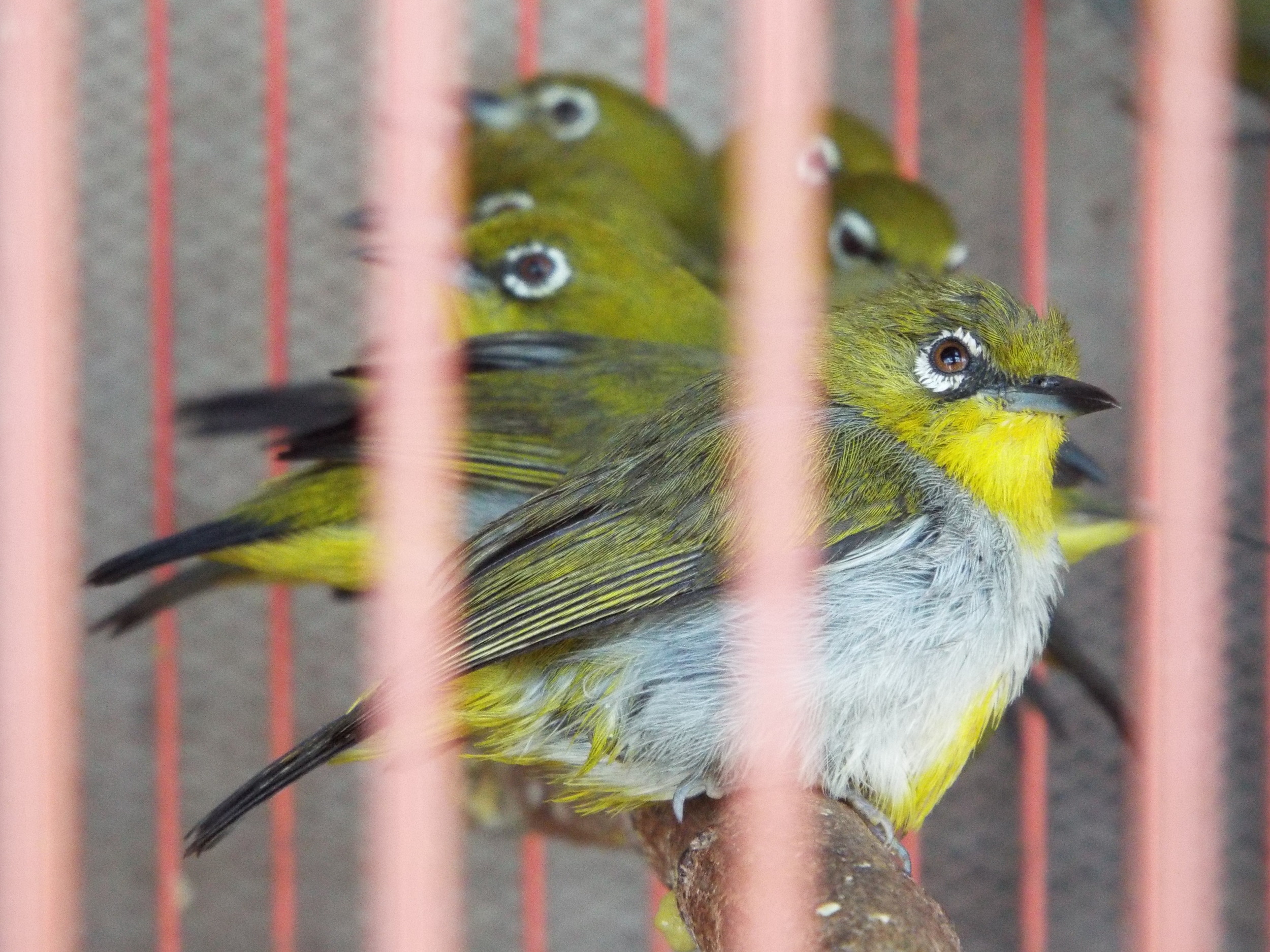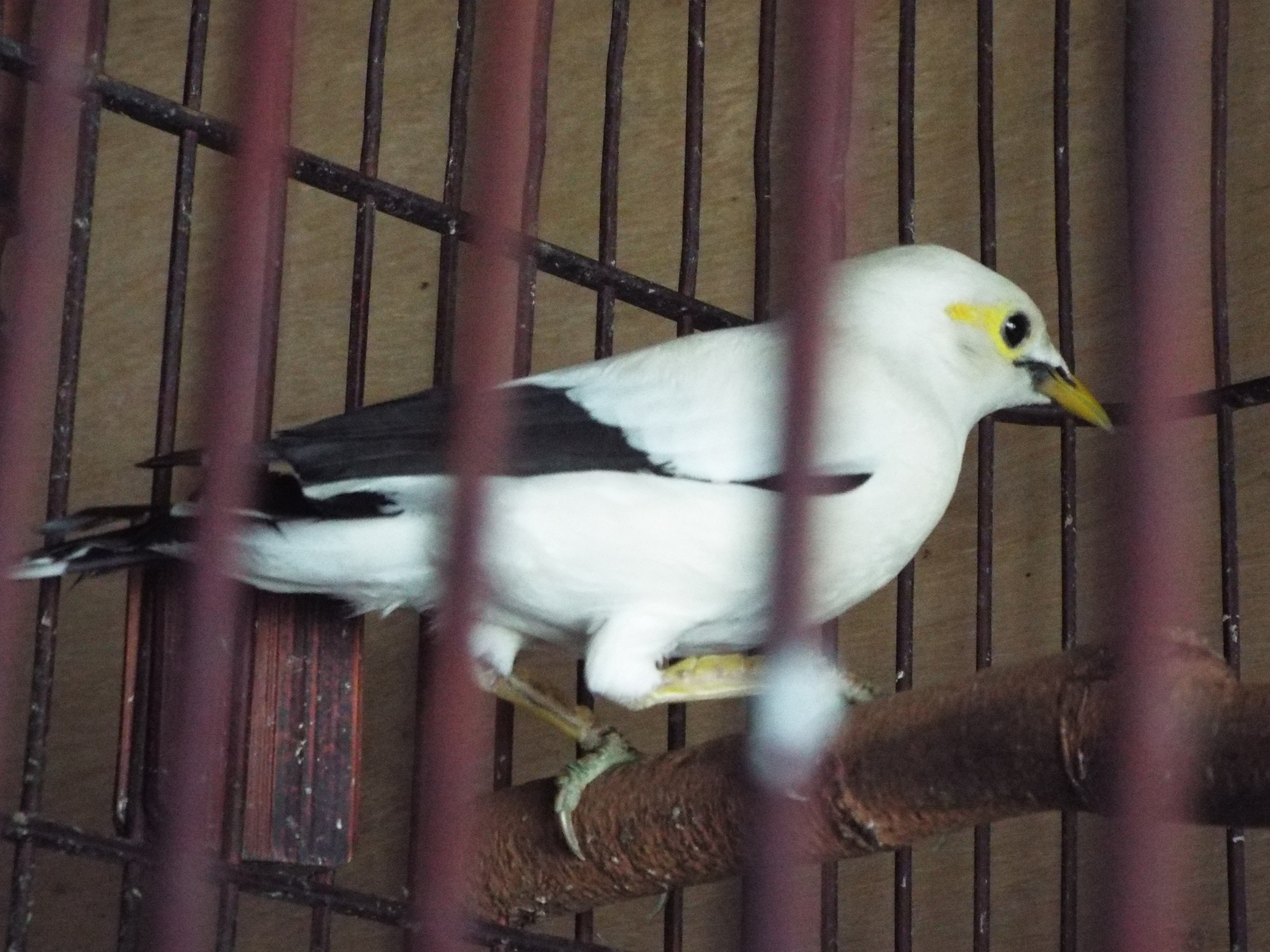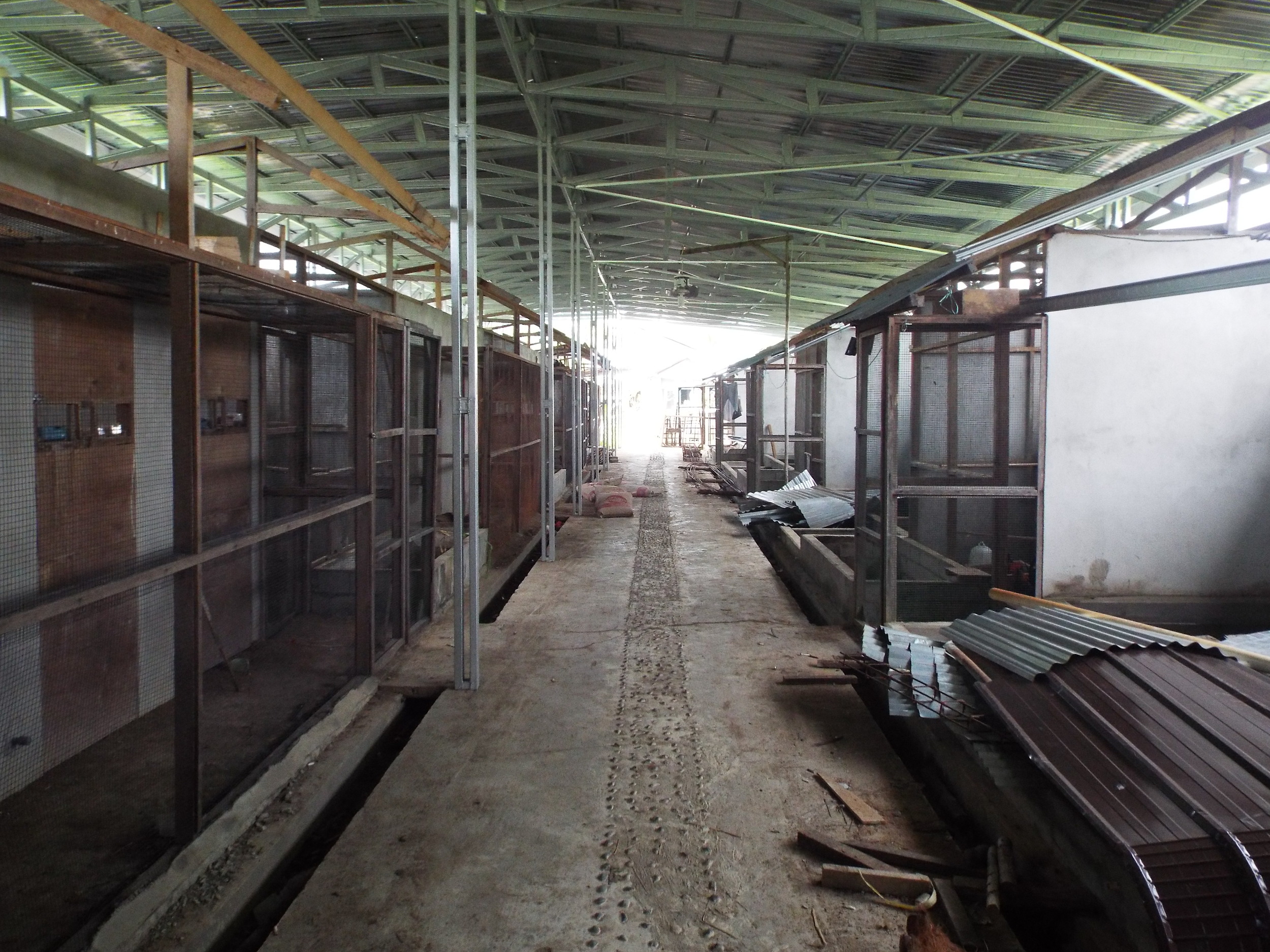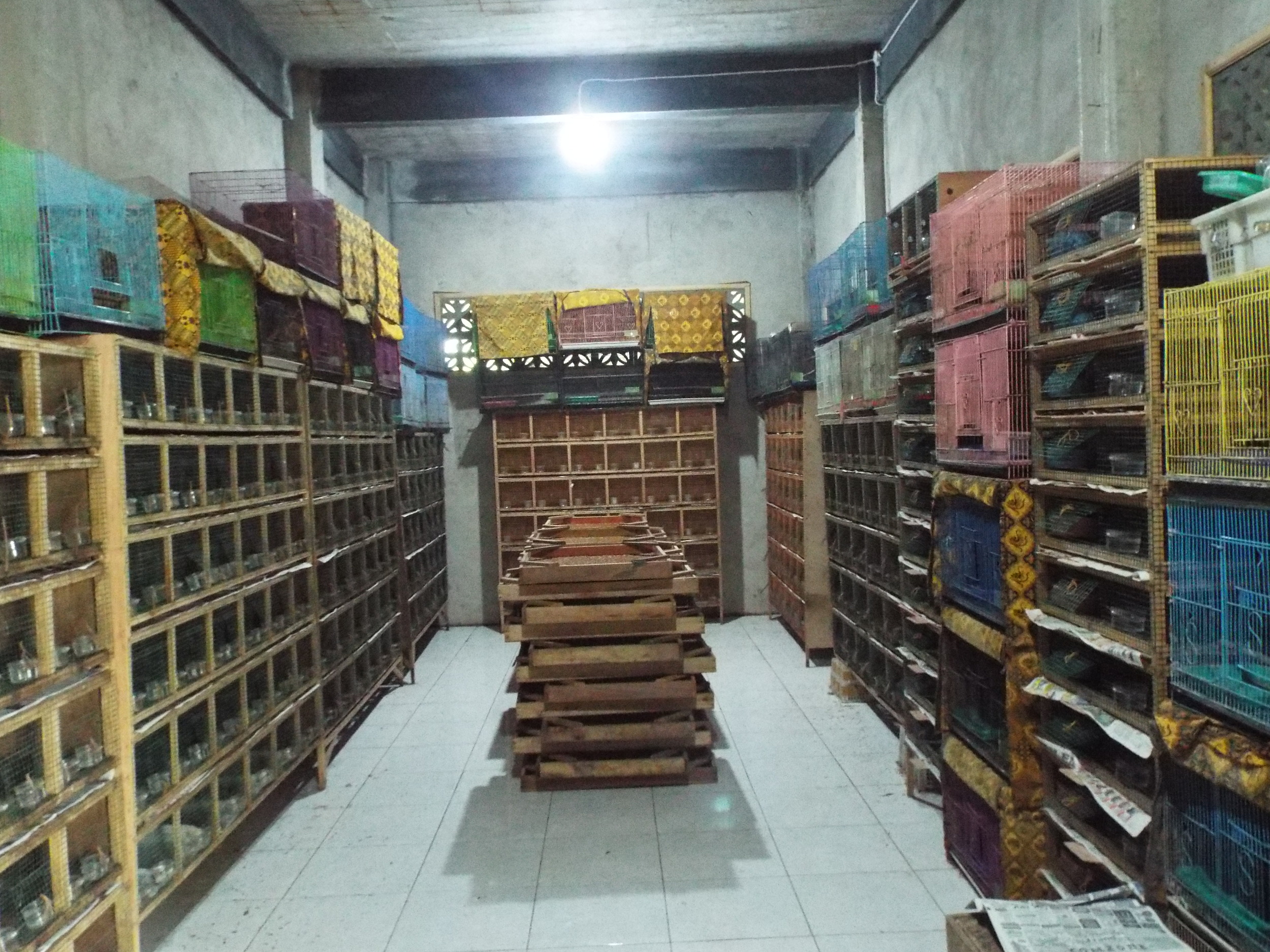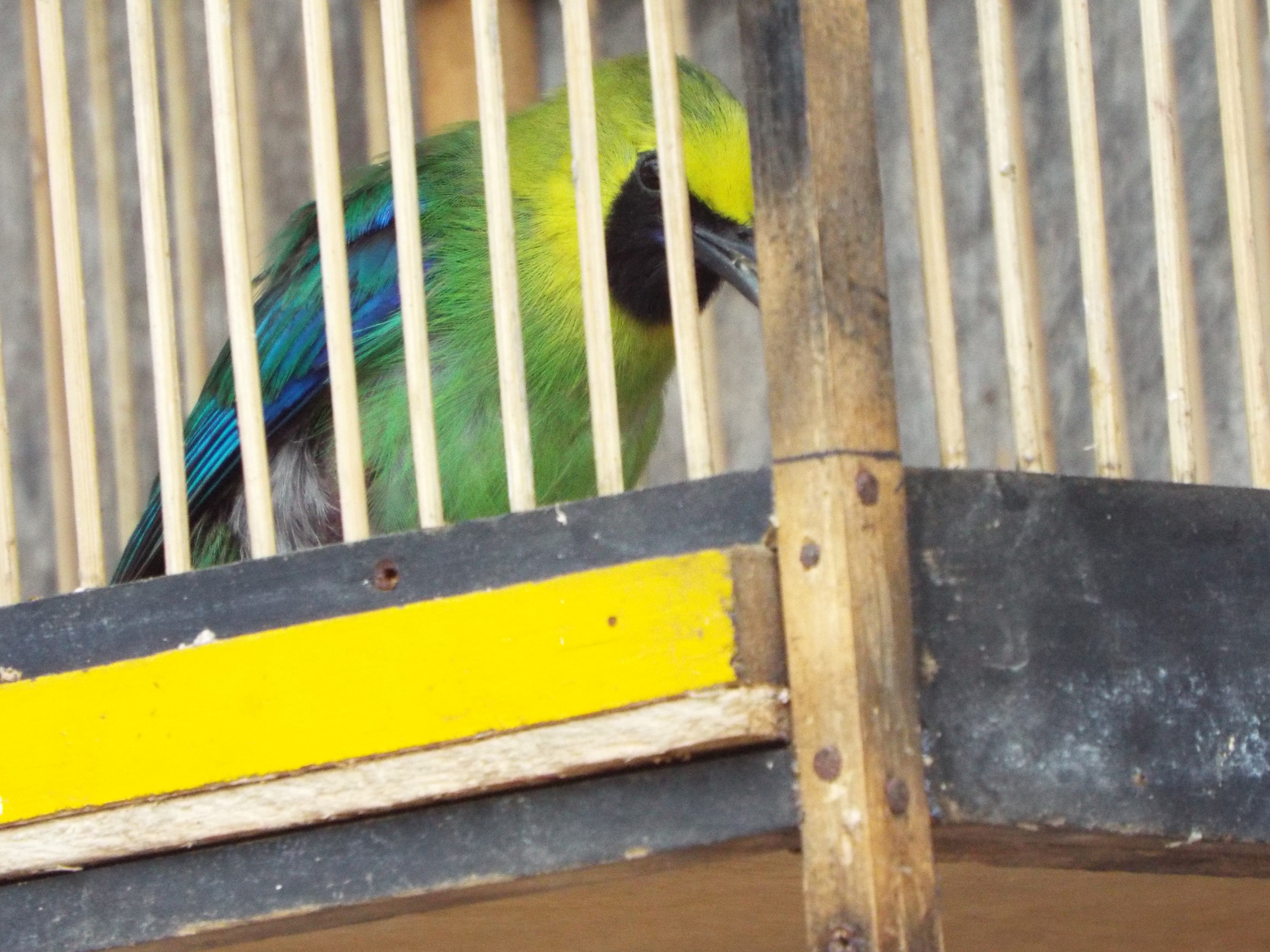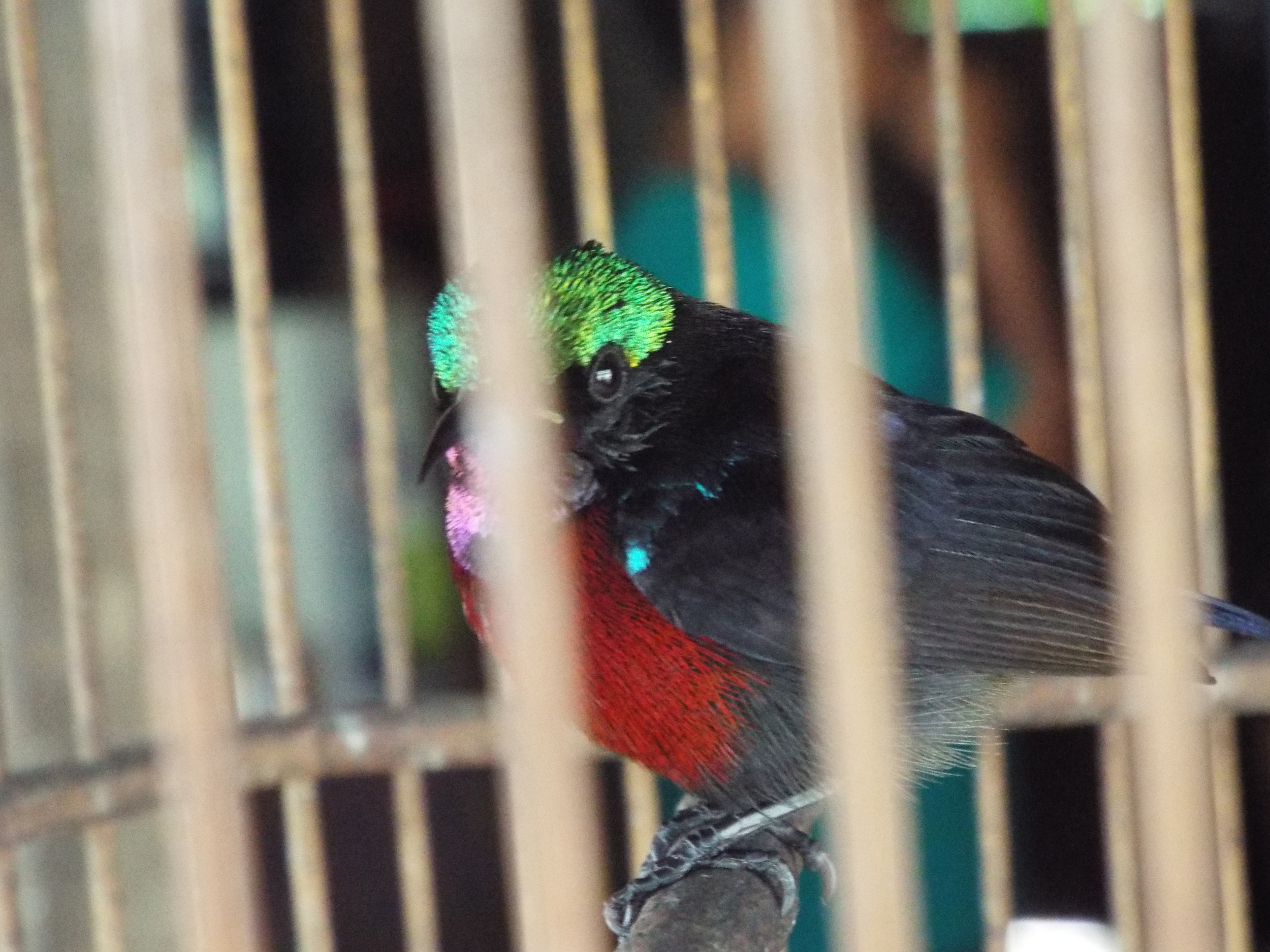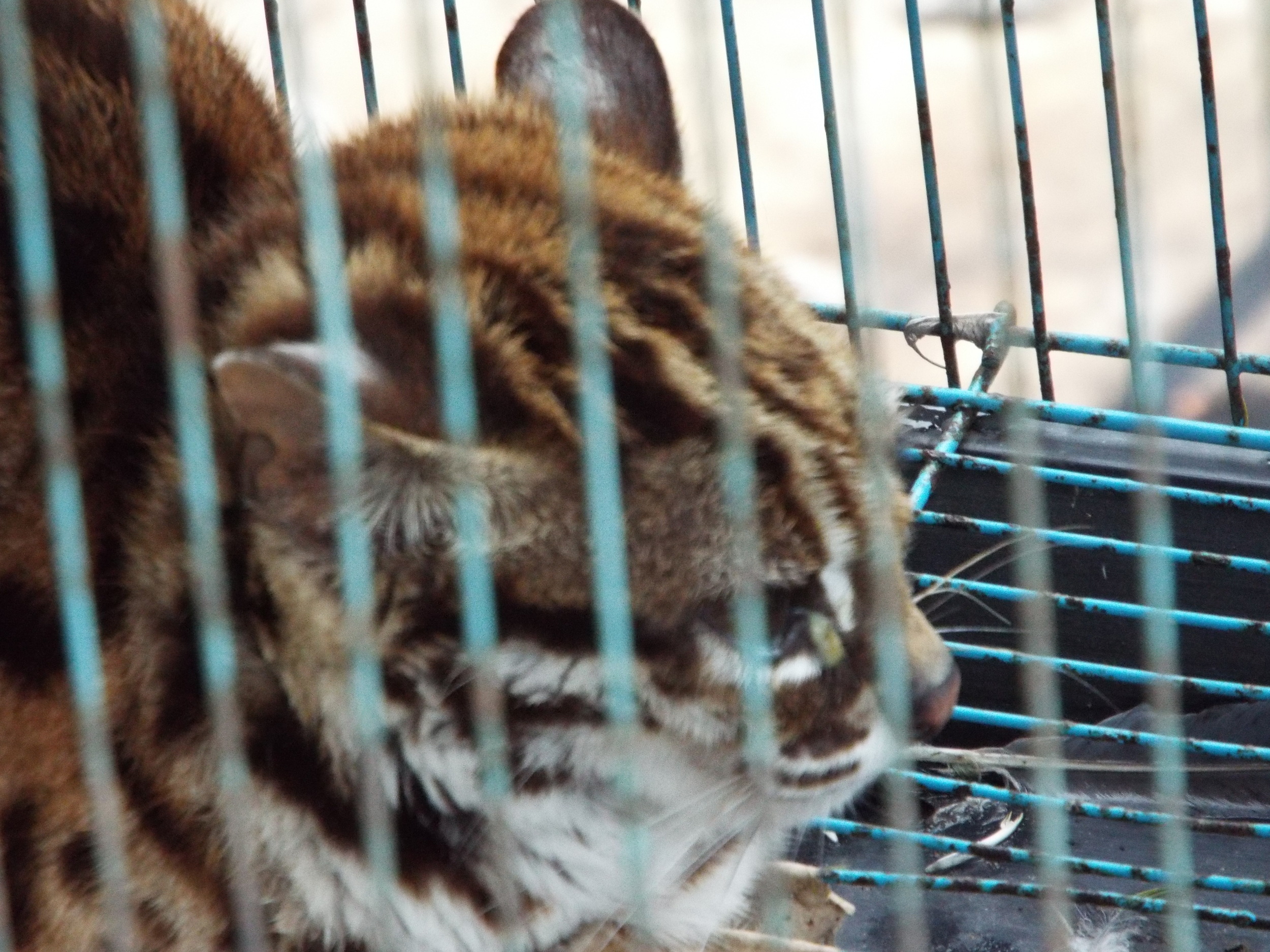Innovate. Fight Crime. Save Wildlife.
On one of the most biologically diverse islands of the world, Borneo, the forests are being emptied of birds at an alarming rate. Last September data from a 3 day survey conducted by TRAFFIC, the wildlife trade monitoring network, found nearly 19,000 birds for sale in Jakarta, the nation’s capital. Last November Indonesian officials arrested smugglers in East Java who were bringing over 2500 individuals into Surabaya to sell.
New data by Planet Indonesia, a conservation organization based in West Kalimantan (Borneo), found 4892 birds for sale in 75 different markets throughout the Western province alone. The team also found agents along the Indonesian - Malaysian border who smuggled as many as 6000 individuals per month into Indonesia to sell.
“The size and scale of the wild bird trade in Indonesia warrants concern and immediate action. The difficulties organizations and researchers face in monitoring markets and collecting data on species including many rare and endangered birds has caused conservationists to be almost always two steps behind the trade. Once we have information, it is usually too late.”
Monitoring wildlife markets in Indonesia enables researchers to track the wildlife trade and identify species that are declining in the wild, but data collection is both difficult and dangerous. Field staff has just minutes to collect data on hundreds of species. Typically this has required staff to have extensive training on bird identification and market monitoring techniques. Our solution will overcome many of these problems. Planet Indonesia, in partnership with Oceanwise Australia and The Wildlife Crime Unit of the Wildlife Conservation Society, will be creating smart phone technology to increase the effectiveness of bird market monitoring in Indonesia.
This project was one of 16 prize winners selected from over 300 innovations from over 50 countries entered into the Wildlife Crime Tech Challenge. The purpose of the challenge is to facilitate and develop technologies to fight wildlife crime across the globe and was launched by the U.S. Agency for International Development, in partnership with the National Geographic Society, the Smithsonian Institution, and TRAFFIC, the wildlife trade monitoring organization.
Our innovation will utilize a mobile app that enables users to easily and inconspicuously collect data in Indonesian bird markets. While pretending to send a text, users can collect standardized data on species, price, and origin, and even view images to identify bird species. Collected data will be stored in a central database for access by appropriate parties.
Once the app is fully operational, the team will scale its impact by working with partners, local government, and by distributing smart phones through citizen science programs to low-income villagers in exchange for collecting data. This application will not only overcome the issues organizations and individuals face while monitoring markets (e.g. species ID, data mining, safety), but will enable mass data collection across the archipelago.
A popular saying on the island of Java in Indonesia goes “a man is considered to be a real man if he has a house, a wife, a horse, a keris (dagger) and a bird.” But new data by Planet Indonesia has revealed the trade is extensive on other islands throughout the archipelago. And this problem is not just isolated to birds and encompasses a wide range of wildlife. From birds in Southeast Asia, to elephants in Africa, to sharks and rays in the coral triangle, the global wildlife trade is estimated to be worth nearly USD $10 billion dollars a year. The overexploitation of species across the globe has ties with world hunger, religious practices, human poverty and organized crime.
Eventually it is hoped that this approach can be expanded to address this globally significant conservation issue.




